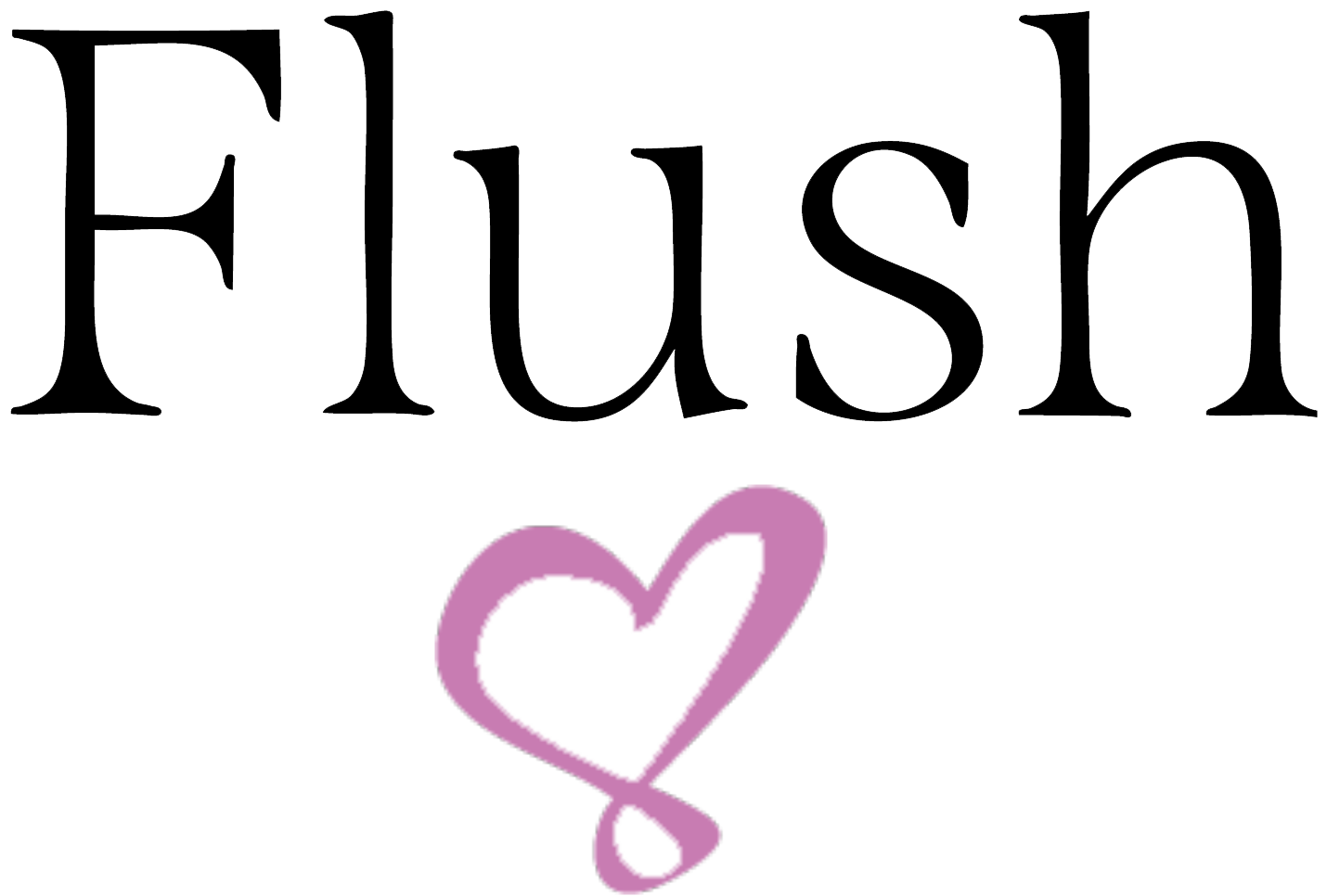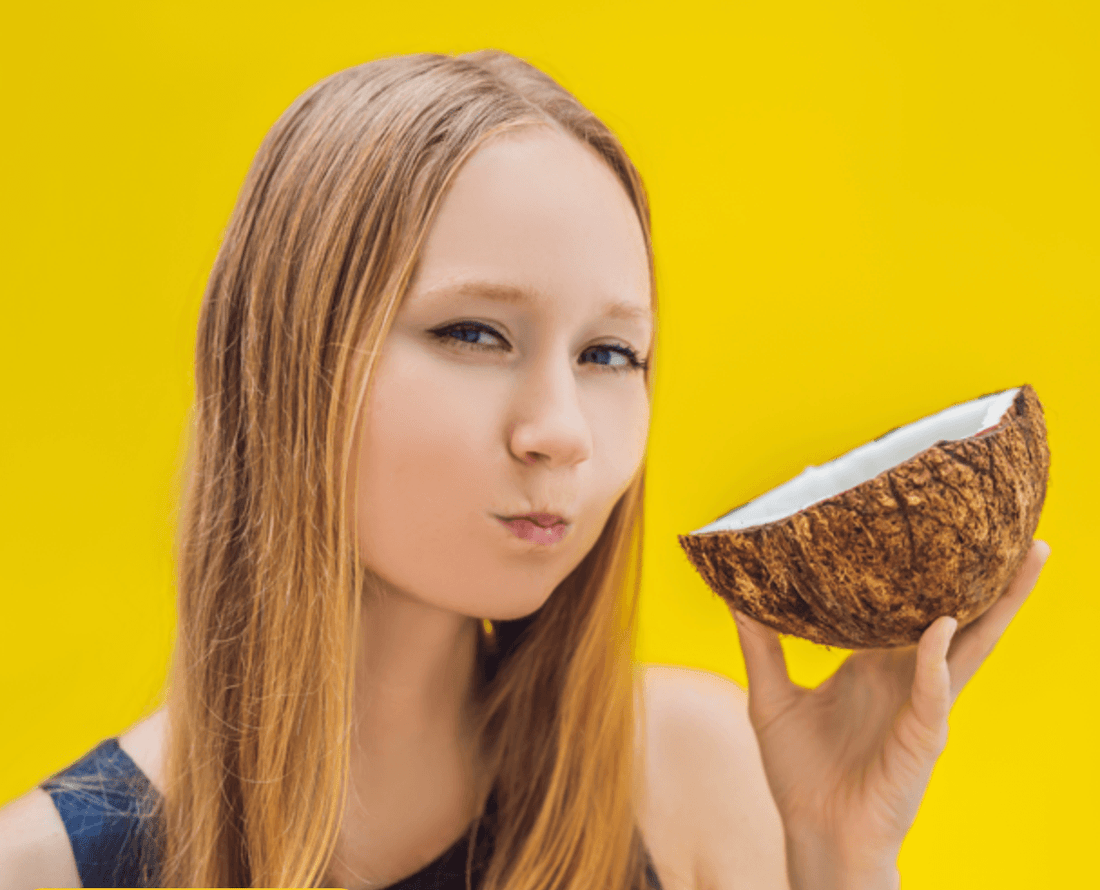As we continue our look at oral health, another practice I am often asked about is oil pulling.
You may think that the ancient practices of Ayurveda are completely outdated and irrelevant to our lives today. Gandusha, or oil pulling, has been used for many thousands of years to improve health as part of Ayurvedic medicine.
For those of you who don’t know much about this ancient tradition, it’s a method of simply placing some oil (usually coconut, sunflower, or sesame seed) in your mouth and swishing it around for a period of time (typically 5-20 minutes), then spitting it out. It is a very simple, if somewhat tedious, process.
So why would you want to try oil pulling? There is no evidence that you can draw toxins from the bloodstream into the mouth and therefore detoxify systemically. There is substantial evidence, however, that you oil pulling can detoxify harmful bacteria from the oral cavity itself, thereby positively affecting your health.
Although there people who dismiss this practice, there is an abundance of evidence and good research showing huge beneficial effects. Benefits include:
- Reduction of harmful bacterial count
- Improvement of gum health, including reduced inflammation and bleeding of the gums
- Reduced plaque formation
- Eliminating halitosis (bad breath)
Additionally, we already know the very strong links between poor oral health and many health conditions, including heart disease, cognitive decline, rheumatoid arthritis, and diabetes. Surely, any practice that reduces a bacterial load will be beneficial to health.
So how does oil pulling work?
The swishing activity of the oil activates very specific salivary enzymes in the mouth. At the very least, these enzymes will automatically stimulate systemic detoxification. That means that even though you aren’t drawing toxins from the body into the mouth – you are stimulating a natural increase in liver function and detoxification, as that is what salivary enzymes do.
But the main action happens in your mouth. The movement of oil generates antioxidants, which damage the cells of micro-organisms. We also know that bacteria and virus cell membranes have a lipid (fat) layer. Research has shown that that the oil swishing in your mouth attaches to the fat layer of the bacteria and viruses. It then draws those uninvited guests from your gums and teeth, liberating them for elimination. These effects begin after about 5 minutes. The important part it to make sure you spit it out after 20 minutes!
There are wonderful additional benefits, too. Depending on what type you use, the oil itself has potential health benefits. Coconut oil, for example, contains lauric acid – this is both antimicrobial and anti-fungal and in many studies has been shown to kill staphylococcus aureus and candida albicans, two very common oral infections. Adding in any other antibacterial, antifungal or anti-viral herbal medicines to the oil could potentially increase this effect. In my practice, I may get patients to add a drop or two of antimicrobial tincture to enhance the effect.
A number of studies have shown that oil pulling, when done properly, is both safe and beneficial. The practice can enhance a good oral health routine, alongside tooth brushing and flossing. Why not give it a go?
Herbally yours,
Jean
Tips for easier Oil Pulling
- Place 1 tablespoon of liquid oil into your mouth
- Start with less if 1 tablespoon feels too much
- If your mouth gets tired, take a short break and let it sit for a few seconds
- Distract yourself whilst swishing – I recommend doing it while you shower
- Cold pressed oils are recommended; processed oils may contain trans fats
Note: Oil pulling is not recommended in children under the age of 5 due to the risk of aspiration
References:
https://www.ncbi.nlm.nih.gov/pmc/articles/PMC5198813/
Peedikayil F.C., Sreenivasan P., Narayanan A. Effect of coconut oil in plaque related gingivitis – a preliminary report. Niger Med J. 2015;56:143–147. [PMC free article] [PubMed] [Google Scholar]
Parolia A. Oil hygiene. Br Dent J. 009;207:408. [PubMed] [Google Scholar]
Asokan S., Rathan J., Muthu M.S. Effect of oil pulling on Streptococcus mutans count in plaque and saliva using Dentocult SM Strip mutans test: a randomized, controlled, triple-blind study. J Indian Soc Pedod Prev Dent. 2008;26:12–17.[PubMed] [Google Scholar]

